On paper, farming has come a long way.
Better machinery.
More data.
More technology.
Bigger operations.
Higher output.
And yet, many farmers quietly say the same thing:
“It feels like I never switch off.”
That feeling isn’t imagined — and it isn’t failure.
It’s the result of how work itself has changed.
We’re Better Off, But We’re Not More at Ease
History tells us something uncomfortable.
As societies became wealthier, people didn’t automatically become calmer or happier.
In fact, worry and stress increased — even as living standards improved.
Why?
Because while wealth bought better things, it slowly took away something far more valuable:
control over time.
And control over time is one of the strongest drivers of wellbeing — on farms especially.
Farming Has Quietly Become a “Thinking Job”
For generations, farm work had a natural off-switch.
When the job was done:
- tools were put away
- the body was tired
- the mind could rest
Today, farming looks very different.
Modern farmers are no longer just:
- doing physical work
- following established routines
They are constantly:
- making decisions
- solving problems
- planning ahead
- managing risk
- juggling people, compliance, and finance
The work doesn’t end when you leave the paddock.
It follows you:
- to the dinner table
- into conversations
- into the early hours of the morning
The “tool” of modern farming isn’t just machinery anymore.
It’s your head.
And your head never clocks off.
When the Farm Lives in Your Mind, You Never Rest
This is where stress creeps in — not because farmers don’t work hard, but because the work becomes cognitive.
Questions replay:
- Did we make the right call?
- What if the weather turns?
- Who’s covering that job?
- What did we forget?
The farm becomes a constant mental background process.
Even when nothing is happening, it feels like something might.
That’s not laziness.
That’s unmanaged mental load.
The Hidden Trade-Off We Don’t Talk About
As farms grow and modernise, many farmers unknowingly trade:
Simplicity → for → Constant Vigilance
More scale often means:
- more decisions
- more dependencies
- more consequences if something is missed
Without structure, success starts to feel heavy.
You might be earning more.
But you’re owning less of your time.
And that’s where the tension sits.
What Actually Creates Peace of Mind
When people look back on long lives — including farmers — they don’t say:
- “I wish I worked harder”
- “I wish I earned more”
- “I wish I outperformed others”
They talk about:
- time with family
- feeling part of something meaningful
- having space to think
- being present
Not rushing, reacting, and constantly being “on.”
Control Over Time Is the Real Dividend
Money has value.
Growth matters.
Sustainability matters.
But the highest return isn’t another asset.
It’s time you can control.
Time that isn’t stolen by:
- unresolved decisions
- missing systems
- constant interruptions
- information living in your head
This is where systems quietly change everything.
Systems Don’t Add Work — They Move Work Out of Your Head
When systems are clear:
- decisions don’t replay endlessly
- handovers don’t rely on memory
- priorities don’t shift every hour
Your mind gets space.
Not because you care less —
but because the farm doesn’t depend on constant thinking to function.
Systems give your brain somewhere to put things down.
 This Is Where Enable Ag’s Work Connects
This Is Where Enable Ag’s Work Connects
At Enable Ag, we don’t talk about systems as efficiency tools.
We talk about them as mental load reducers.
Our work helps farmers:
- move decisions out of their head and into structure
- reduce the number of things they must constantly remember
- regain control over time, not just tasks
Because a farm that runs only because someone is always thinking about it is exhausting.
And exhaustion is not success.
Want to Create More Time You Can Actually Use?
The Ultimate Time-Freedom Checklist shows where your time is being stolen — and how to start taking it back.
Real freedom isn’t about doing less.
It’s about not carrying it all in your head.
If you found this article helpful, share it with your network to help others unlock their farming potential. Don’t forget to like and follow us on social media for more insightful tips: Facebook, Instagram, and LinkedIn. Let’s empower more farmers together!

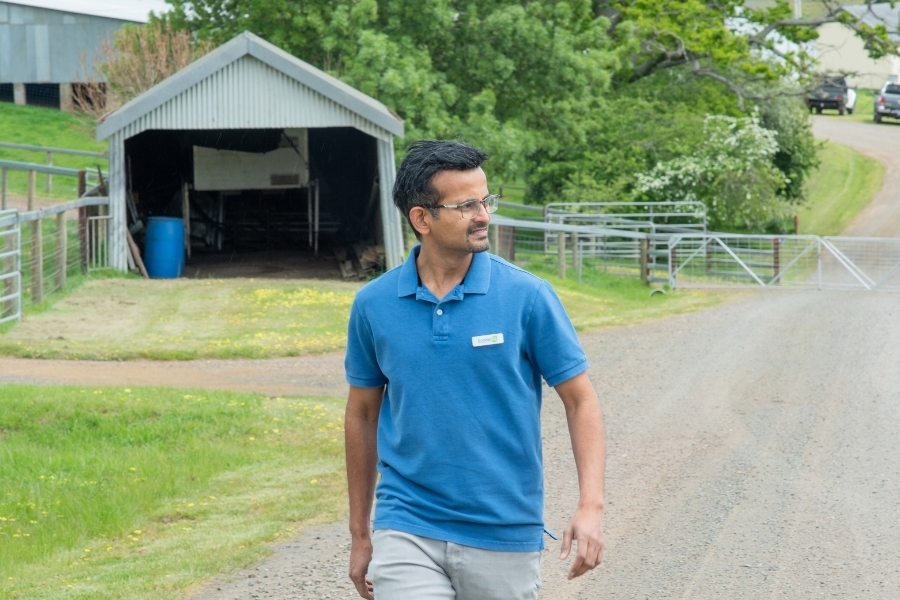 Enable Ag
Enable Ag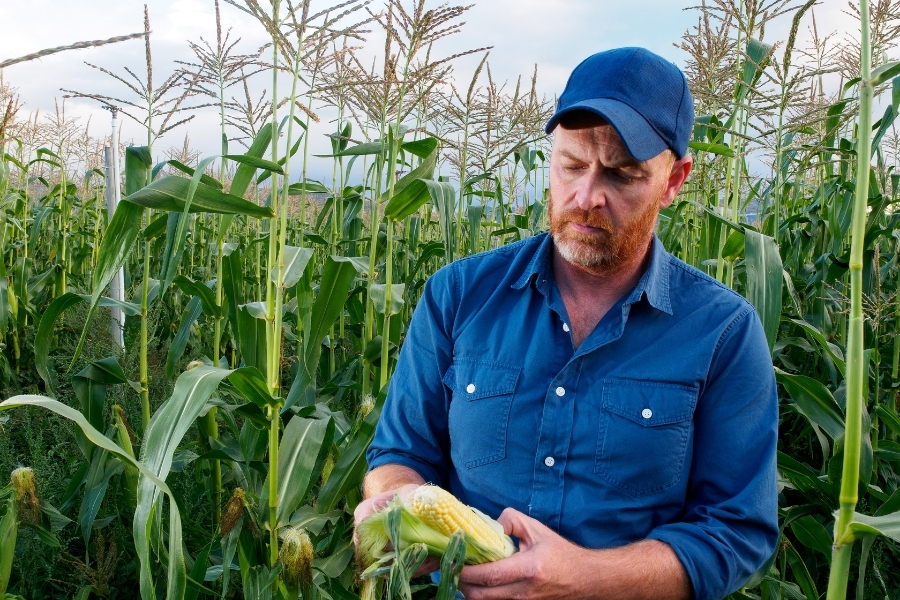 Enable Ag
Enable Ag
 Enable Ag
Enable Ag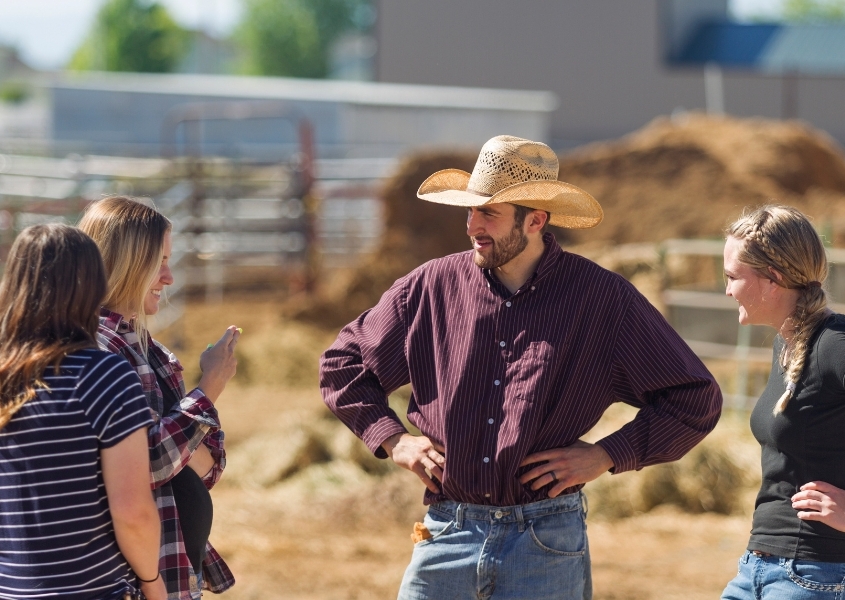


 Enable Ag
Enable Ag
 Enable Ag
Enable Ag
 Enable Ag
Enable Ag
 Enable Ag
Enable Ag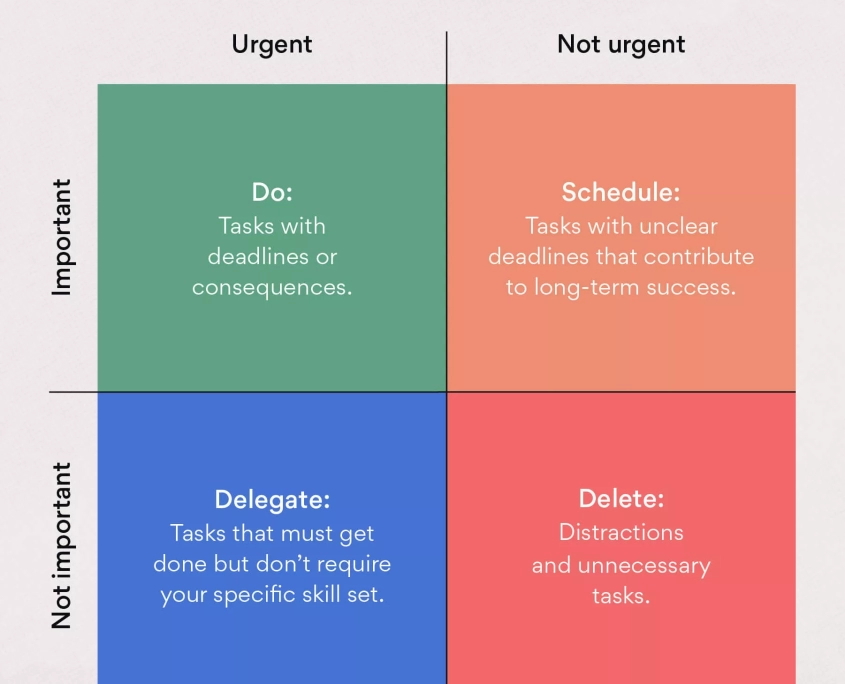

 Enable Ag
Enable Ag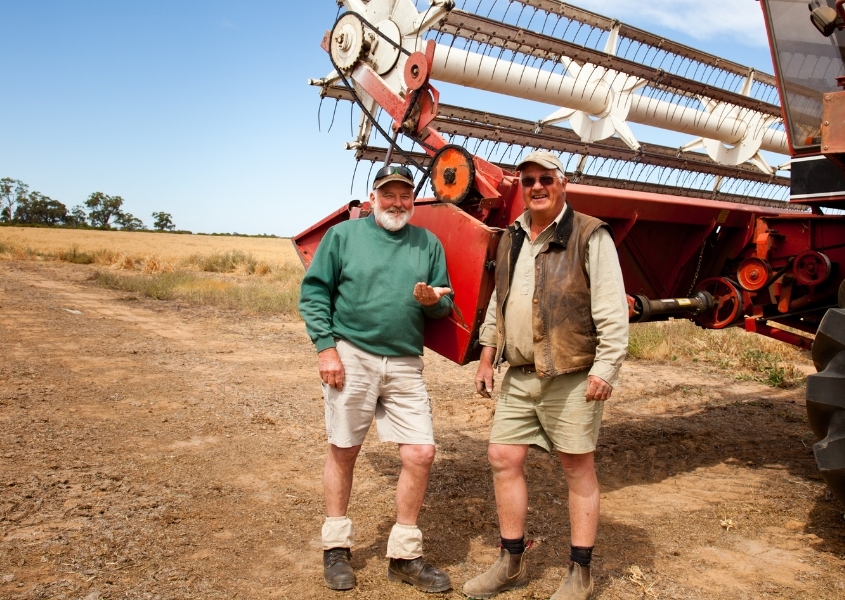
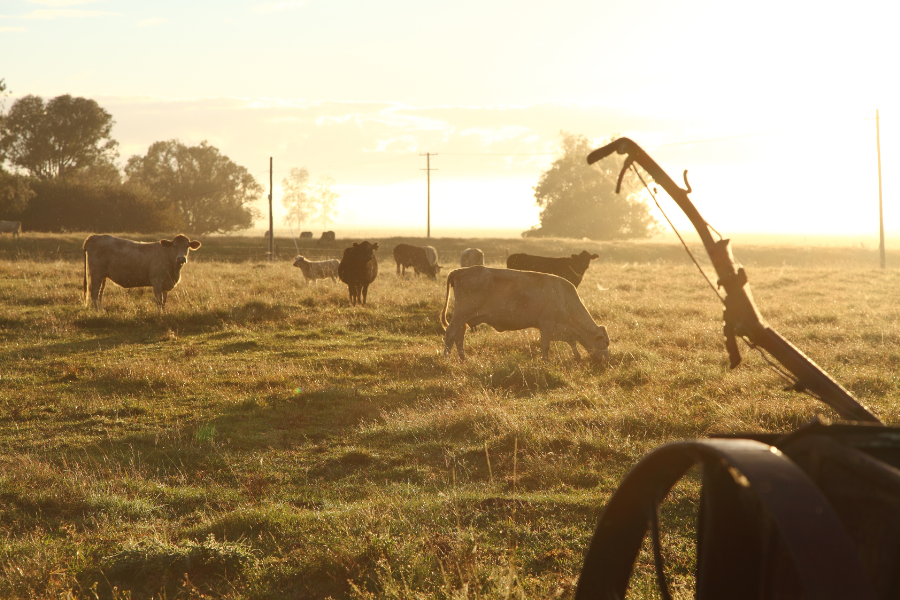 Enable Ag
Enable Ag
